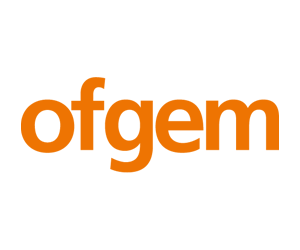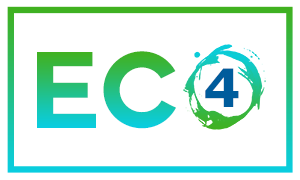
Ofgem, the energy regulator, announced a big 12.3% cut in energy price cap this year to the second quarter of 2024. This cap sets the highest rate per unit that energy providers can charge customers. It will decrease by 12.3% from the last quarter. The decrease is effective from April 1 to June 30, 2024. The average household pays through direct debit for dual fuel. It costs £1,690 per year, £238 less than before with a saving of about £20 per month.
This change signals the lowest energy prices to date. They are the lowest since Russia invaded Ukraine in February 2022. The invasion worsened an already turbulent wholesale energy market. It led to higher costs for suppliers and, in turn, for customers.
Despite this progress Ofgem admits the persistent challenge of high living costs. These costs are made worse by rising standing charges and a record £3.1 billion in energy debt. To address these concerns, Ofgem announced several measures:
- The standing charges will be equalized. This will eliminate the prepayment meter “(PPM) premium” paid by prepayment customers.
- The price cap will be adjusted temporarily. It will accommodate supplier’s costs which resulted from high bad debt levels.
- Extension of the ban on acquisition-only tariffs (BAT) for up to another 12 months.
- Termination of the Market Stabilisation Charge (MSC) effective from April 1 2024.
- Maintenance of wholesale cost allowances following a review conducted in late 2023.
Affordability is a big issue as many struggle with energy bills as their home is not energy efficient. This has happened over the past two years, resulting in record levels of energy debt. In the short term, Ofgem will add a temporary payment of £28 per year (£2.33 per month) to support struggling customers. This will be added to the bills of customers paying by direct debit or standard credit. It will partly offset the end of an £11 per year allowance. The allowance covered debt costs relate to the Covid pandemic. Prepayment meter (PPM) customers will not be affected by this fee. They have a lower tendency to accumulate debt than credit customers.
Ofgem also affirmed its commitment to keeping equal standing charges across payment methods. This ensures fairness regardless of how you pay. However, government support for the Energy Price Guarantee will end on April 1 2024. Ofgem emphasised the need for a lasting solution. It must be funded by bill payers to keep fairness in the system.
Also, Ofgem extended the ban on acquisition-only tariffs (BAT) for 12 more months. It is considering shortening the extension to six months through a future consultation. The BAT was introduced in April 2022 to stabilize the market during the energy crisis. It aims to reduce risks from short-term, discounted tariffs.
Competition is back in the market, Ofgem encourages switching by shortening the transfer period from 15 days to five days. Also, the Market Stabilisation Charge (MSC) was introduced with the BAT. It will end on April 1 2024. This will relieve suppliers of the duty to compensate past suppliers. They must do so when customers switch.
These decisions reflect Ofgem’s cautious approach. They aim to bring back normal markets while stopping the return of risky behaviours. These behaviours caused supplier failures during the energy crisis. Additionally, Ofgem concluded its review of wholesale prices. It found that no more action was needed. This was because wholesale costs did not consistently go over allowed limits leaving the energy price cap unaffected.
Apply for ECO4 funding and see how much more you could save on your energy bills this year


